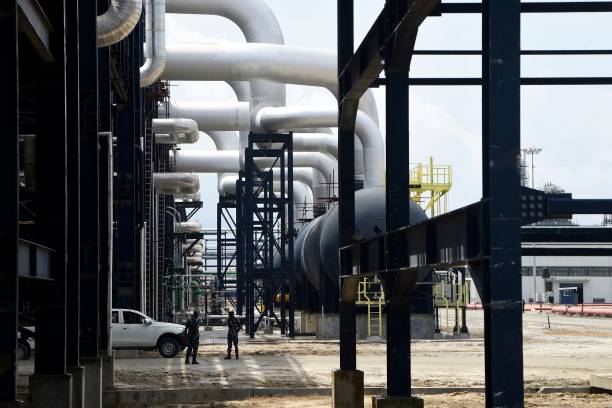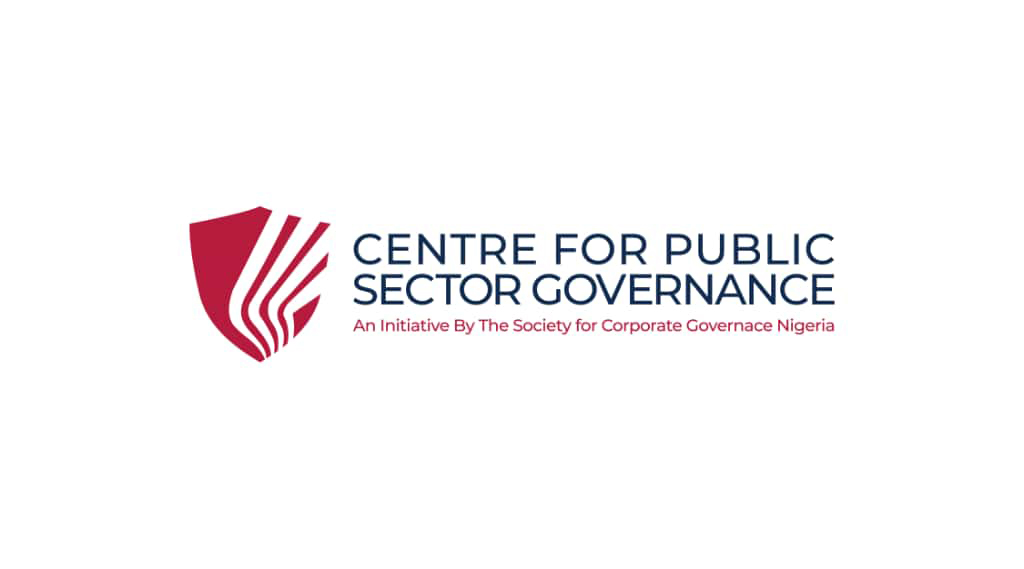
The Ghanaian government has called for a harmonised currency among members of the Economic Community of West African States (ECOWAS) to aid in fuel lifting from the Dangote refinery and other business transactions.
Chief Executive Officer of the National Petroleum Authority (NPA) in Ghana, Dr Mustapha Abdul-Hamid, made the call at the ongoing 2024 Oil Trading and Logistics (OTL) Africa Downstream Energy Week in Lagos, where he argued that Africans’ overdependence on the dollar was putting too much pressure on local currencies, leading to a loss of value.
He emphasised that a unified currency would streamline transactions and reduce foreign exchange (FX) hurdles in cross-border trade, notably benefiting large-scale fuel distribution from facilities like Nigeria’s Dangote Refinery.
He added that a harmonised ECOWAS currency could simplify transactions across member countries, potentially lowering costs associated with currency conversions and reducing dependence on FX reserves.
Dr Abdul-Hamid explained that Ghana would require dollars to import fuel from the Dangote Refinery, just as Nigeria would, if it were to import from Ghana, highlighting that this arrangement lacks practical sense.
He emphasised the importance of collaboration in the petroleum industry, noting that while member states may have differing political interests, it is essential, in the spirit of ECOWAS, to align these interests into a shared agenda that enables all to benefit from each other’s markets.
“Fortunately for us, the entire continent now has an Africa Continental Free Trade agreement that allows us to collaborate among ourselves in terms of trading, not just in petroleum products, but in all other products. However, if Ghana is going to import petroleum products from Dangote refinery, for example, we would still have to pay Dangote refinery in dollars.
“If there is a petroleum shortage in Nigeria, then you would have to supplement with imports from the Gold Coast refinery in Accra, for example, you would also have to find dollars to still buy from Ghana. To an extent, that doesn’t make a lot of sense to me. Therefore, we should move to a point whereby we actualise this goal of having a common currency for all of us.
“It is our demand for dollars to import petroleum products that put pressure on our various currencies. That drives petroleum products prices upwards. Now that Nigeria has a deregulated petroleum regime, for example, the major factor that is going to be responsible for driving up petroleum prices in Nigeria will be the currency, because importers would need more dollars to import petroleum products.





